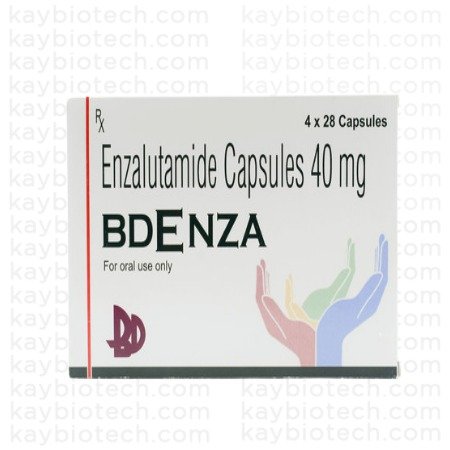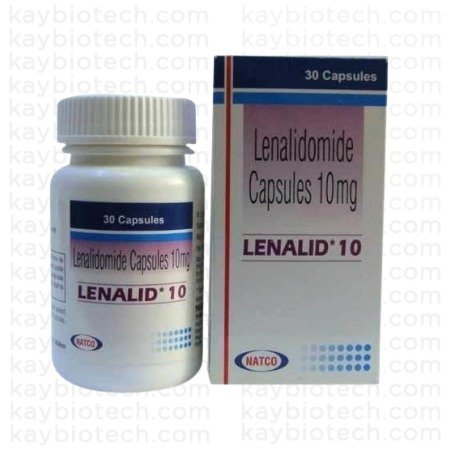
What is Chemotherapy?
30-May 2022What is Chemotherapy?
Chemotherapy, sometimes known as chemo, is a cancer treatment that employs the use of medicines to kill cancer cells. It's frequently used in conjunction with surgery, radiation therapy, or biological therapy, and it's given in regular treatment cycles in a hospital, doctor's office, clinic, or at home.
Chemotherapy is very reliable treatment of many types of cancer but it can also show some side effects on your body. Some chemotherapy side effects are minor and manageable, while others can be life-threatening.
Why use chemotherapy?
Chemotherapy is a medication that kills cancer cells in patients. It can be used in a number of situations in cancer patients either to:
- Cure cancer without the need of any additional therapies.
- To eliminate hidden cancer cells after prior therapies. Chemotherapy can be used to destroy any cancer cells that remain in the body even after following other therapies,
- To get you ready for further therapies. Chemotherapy can reduce a tumour enough for further therapies like radiation and surgery to be considered.
Side effects during chemotherapy
While chemotherapy tackles cancer, the medications you take might have an impact on how you feel. Few of the most common side effects of chemotherapy are as follows:
Fatigue
Mouth ulcers
Pain
_1653548502.jpg)
Bruising is simple.
Nausea
Vomiting
Diarrhea
Hair thinning
Some long period and serious side effects are :
Heart issues
Infertility
Kidney issues
Nerve injury (peripheral neuropathy)
The possibility of a second malignancy
Method of Chemotherapy
Chemotherapy goes after cells that multiply fast, such as cancer cells. Chemo can act throughout your body, unlike radiation or surgery, which target particular locations. However, certain fast-growing healthy cells, such as those in the skin, hair, intestines, and bone marrow, might be affected. This is what causes some of the treatment's negative effects.
Chemotherapy can be administered in a number of ways.
Injection - Drugs are injected into muscle in your hip, thigh, or arm, or into the fatty region of your arm, leg, or stomach, just beneath the skin.
Intra-arterial (IA): Through a needle or a soft, thin tube, the medications are injected directly into the artery that feeds the tumour (catheter).
IP - Drugs are administered to the peritoneal cavity, which houses organs including the liver, intestines, stomach, and ovaries. It's done either during surgery or via a tube with a specific port that your doctor inserts.
IT - Intrathecal (IT) chemotherapy involves injecting medicine into the cerebrospinal fluid (CSF), which surrounds the spinal cord and brain.
Intravenous (IV) – chemotherapy is delivered through a vein.
Topical : The medications are applied to your skin as a lotion.
Oral : You take the medications by swallowing a tablet or liquid.
What is the duration of chemotherapy?
Chemotherapy is usually administered for a set period of time, such as six months or a year. Alternatively, you might undergo chemotherapy for as long as it is effective.
Many medications have too severe side effects to be treated every day. These medications are normally given with breaks so that you can relax and recuperate before the following session. This allows your healthy cells to recover.
For example, patient might receive chemotherapy on the first day and then rest for three weeks before continuing the treatment. A treatment cycle is a three-week period. A chemotherapy course is made up of several rounds. A typical course lasts three months or longer.
Some tumours have a shorter recovery period between rounds. A dose-dense regimen is what it's termed. It may improve the effectiveness of chemotherapy in the treatment of some malignancies. However, it raises the chance of adverse effects. Consult your medical team to determine the optimal schedule for you.
_1653548749.jpg)
What is the cost of chemotherapy?
It depends on the sort of chemotherapy you receive, how much you acquire, and how frequently you receive it. It also depends on the area and whether you receive treatment at home, at a doctor's office, or in a hospital. Check your health insurance coverage to see what it will and won't cover, as well as if you can have your chemotherapy treatment from a doctor of your choice.
Some of the Chemotherapy drugs you can easily get from Kaybiotech
Here you will get up to 60% off on medicines. Before buying any medicine it is important to consult your doctor and have the required prescription.
What does chemotherapy actually do?
Cure - Treatment can sometimes kill cancer cells to the point where your doctor can't find them in your body. The best case scenario is that they will never grow back, although this is not usually the case.
Control - It may only be able to keep cancer from spreading to other regions of your body or delay the growth of cancer tumours in some situations.
Ease symptoms - Chemotherapy is used to decrease tumours that cause discomfort or pressure when they can't be cured or controlled by other treatments. Often, these cancers recur.
Is it possible for cancer to return after chemotherapy?
After chemotherapy or any other method of cancer treatment, cancer might reoccur. When your treatment is completed, your doctor may advise you to attend for follow-up sessions to check for disease. If your cancer returns, your doctor may suggest special chemotherapy rounds.
Some medicines for Treatment of Cancer





